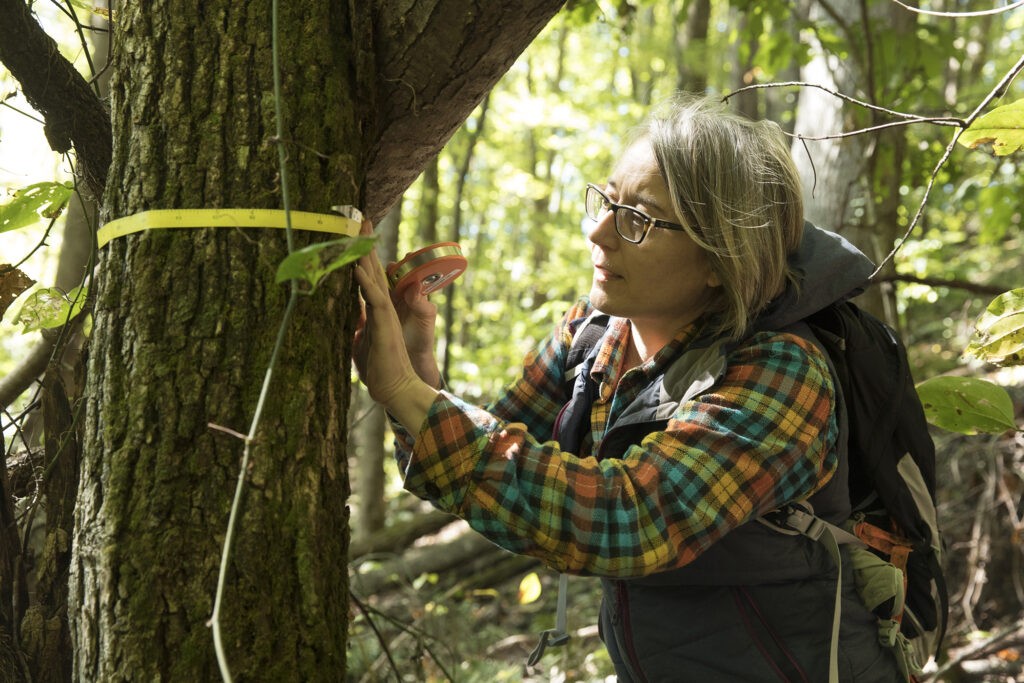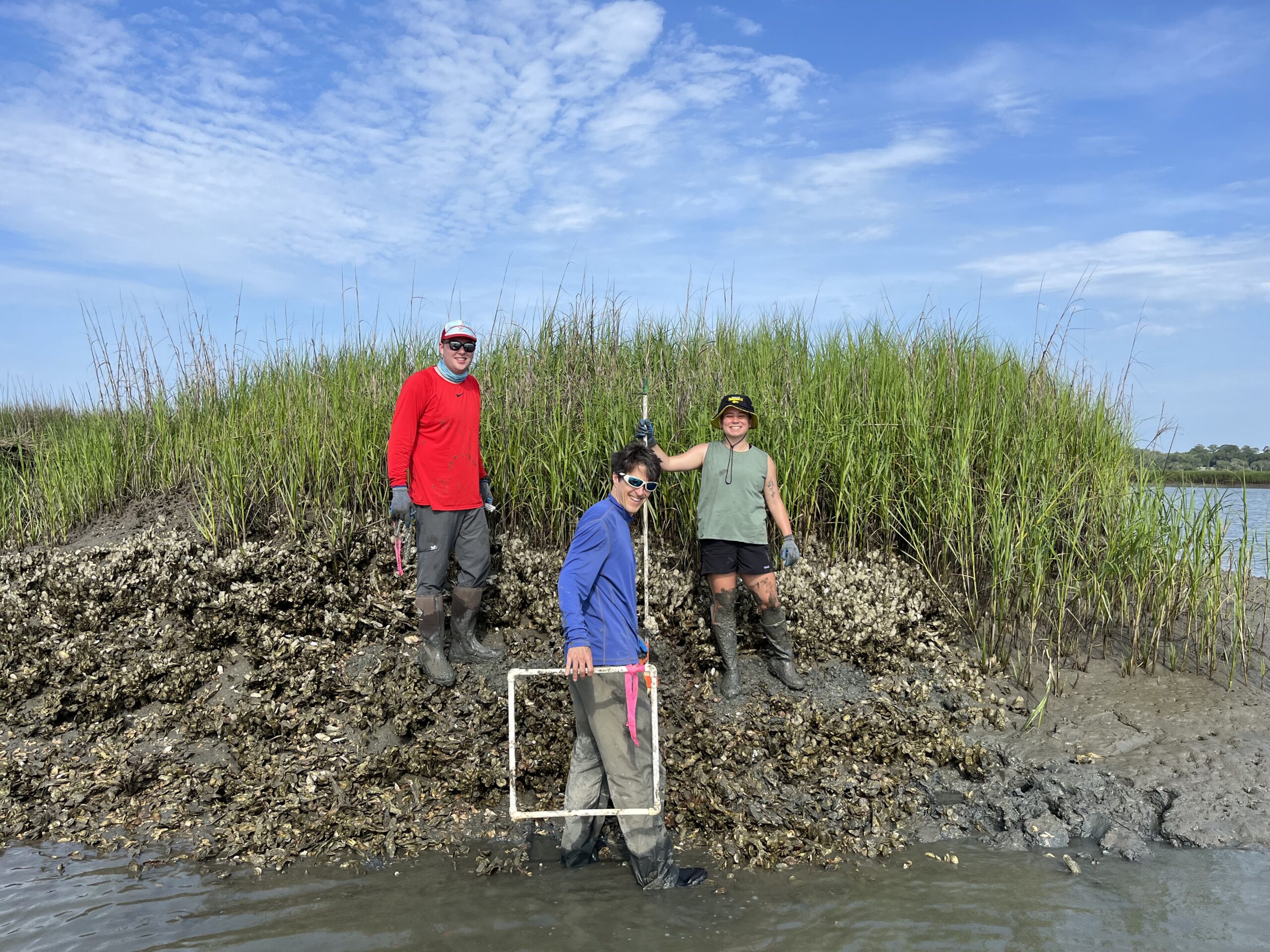Have you ever cornered a doctor at a party and asked them about the pain in your knee? Or tried to extract writing advice from a respected author? I’m embarrassed to admit I’ve done both of these, and worse. Predictably, when ecologists are cornered at parties (yes, ecologists do go to parties), we are often asked to provide simple solutions to complex environmental problems. I imagine that most of us have experienced this at some time or another—with family, with friends, or with random strangers in the kitchen. But recently, I’ve noticed both an increase in the frequency of such questions and a growth in the undercurrent of anxiety with which the topic is raised.
Late in 2023, Time Magazine ran a feature on the rise of climate anxiety (or eco-anxiety), defined as a persistent fear of environmental disaster. Related phenomena include environmental fatalism and ecological burnout. In some ways, the rise of eco-anxiety is hardly surprising. As a habitual doomscroller, my phone tells me daily that we are on the brink of environmental catastrophe. What my phone rarely does is describe all the enormous effort and hard-won successes of those who work tirelessly to maintain the structure and function of Earth’s ecosystems. Like the students, staff and faculty of the Odum School.
Ecologists in Odum do many different things. Our community engages in fundamental research into the nature of life on Earth, develops experiential learning opportunities for our students, and provides service to the state of Georgia and the world. Not everything that we do is related directly to solving environmental challenges. But as those challenges continue to grow, we have a responsibility to apply our creativity and expertise to help address them. I’m very proud of how our school contributes to understanding and mitigating the impacts of rapid environmental change. When I’m cornered at a party and asked about environmental disaster, this is how I respond.

I tell people about our initiatives on the Georgia coast, to safeguard coastal ecosystems and the communities who rely upon them. I talk about our studies of forest trees and soils, and our ability to guide management of those systems to sequester carbon. I explain the links between healthy ecosystems, wildlife disease and human health and well-being—the One Health approach in which ecology serves as a foundational discipline. I describe our focus on the ecology and policy of streams, rivers and wetlands and their importance in urban and rural ecosystems. I champion our continuing contributions to describing and conserving Earth’s biodiversity, from genes to ecosystems. And I explain how much of our work we do collaboratively, with other academic units at UGA, with non-profits, with federal partners and with the corporations that serve as the economic engine of the state. In short, the best antidote that the Odum School can offer to eco-anxiety is the power of the work that we do. I am immensely grateful for the determination and dedication of our ecology community and their enormous efforts in scholarship, education and service that continue to make a difference in Georgia and beyond.
So how do we in the Odum School help to maintain optimism in the midst of rising eco-anxiety? How do we address environmental crises? We stop doomscrolling, we put down our phones, and reinvest in our daily work to make meaningful change in the world. We make amazing progress every day. And then we attend the occasional party.

